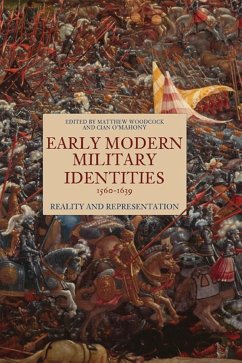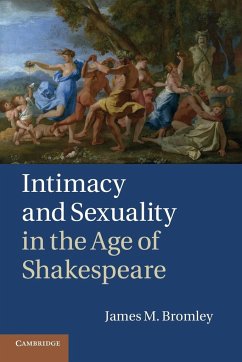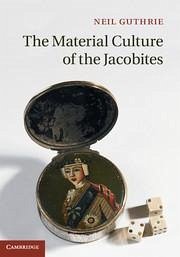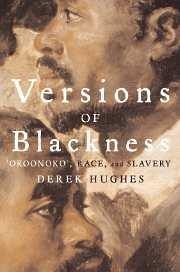Nicht lieferbar

Mapping Mortality: The Persistence of Memory and Melancholy in Early Modern England
Versandkostenfrei!
Nicht lieferbar
This text is a cultural study of the ways men and women in early modern England confronted, accommodated and paid tribute to mortal life and certain death. Drawing on prose and poetry, painting and statuary, social practices and religious rites, William Engel reopens central questions about Renaissance habits of thought. He explores how the metaphorics of that period signalled and enacted a continual revelation of mortality: the death of the body (figured as a kind of vehicle) and the eternality of the soul (that which was to be transported). Engel argues that early modern metaphorics was esse...
This text is a cultural study of the ways men and women in early modern England confronted, accommodated and paid tribute to mortal life and certain death. Drawing on prose and poetry, painting and statuary, social practices and religious rites, William Engel reopens central questions about Renaissance habits of thought. He explores how the metaphorics of that period signalled and enacted a continual revelation of mortality: the death of the body (figured as a kind of vehicle) and the eternality of the soul (that which was to be transported). Engel argues that early modern metaphorics was essentially mnemonic and emblematic, grounding itself in the relation of body and soul. Building on the work of Benjamin, Heidegger, Derrida, Baudrillard and Eliade, the book provides contemporary readers with a key for recovering and understanding the critical assumptions underlying a mnemonically oriented principle of aesthetics.












